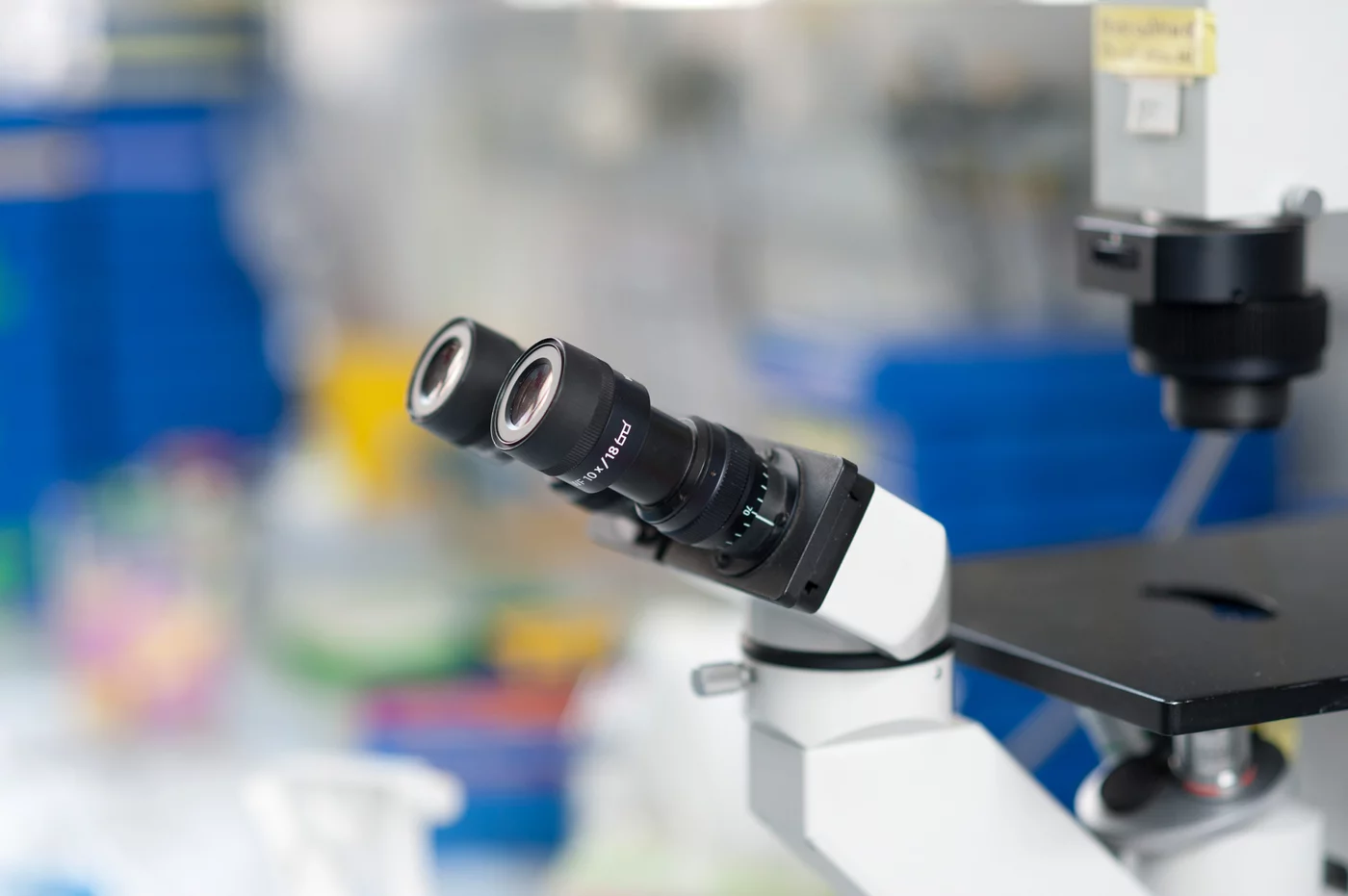P13
Modulation of CRC development and progression by GPR15L-dependent effects on lymphocyte infiltration and the intestinal microbiota
Research Focus

Impaired T cell recruitment into intestinal tumors represents one of the greatest problems for successful immune therapy. P13 examines whether activation of the G protein coupled receptor GPR15 expressed on T cells which are homing to the large intestine may represent a novel strategy for CRC therapy. Expression of GPR15L, the GPR15 ligand, is reduced both in murine and human CRC. Intriguingly, GPR15L does not only act on T cells but also modulates the intestinal microbiome and suppresses directly tumor cell proliferation and represents therefore a very attractive molecule that could shape a tumor suppressive TME.
Main Collaborations
- P06 Günther/Naschberger: Impact of vascular plasticity on therapy responses in CRC:
- P09 Koop/Neurath: Unraveling the role of stromal IL-36R signaling in colorectal tumorigenesis:
- P10 Bengsch/Feuerstein: Targeting the intra-metastatic microbiome in colorectal cancer:
- P11 Arkan/Tatarova: Role of microbial amino acid metabolism on chemotherapy response in CRC:
- P12 Rosshart: Identification of immunomodulatory microbial metabolites as novel therapeutics for advanced CRC:
- P14 Kesselring/Minguet: The role of γδ T cells in the tumor microenvironment of colorectal cancer:
- P15 Hildner: Tumor stroma-derived signals impair cDC1-dependent checkpoint inhibition as a potential resistance mechanism of colorectal cancer immunotherapy:
- S01 Berlin/Greten/Naschberger: Human tumor organoid biobanks for preclinical validation:
- S02 Reiss/Ritter: Spatial profiling of the tumor microenvironment in CRC:
- S03 Börries/Gupta: Research information infrastructure, data management and bioinformatics core:



